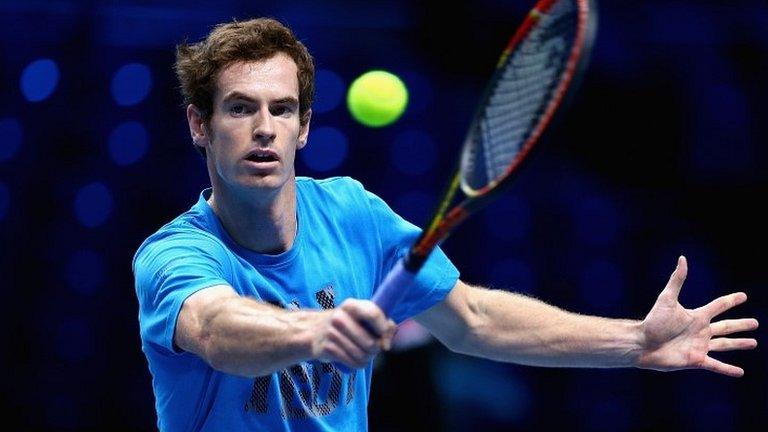Andy Murray has much to play for after US Open defeat by Kei Nishikori
- Published
- comments
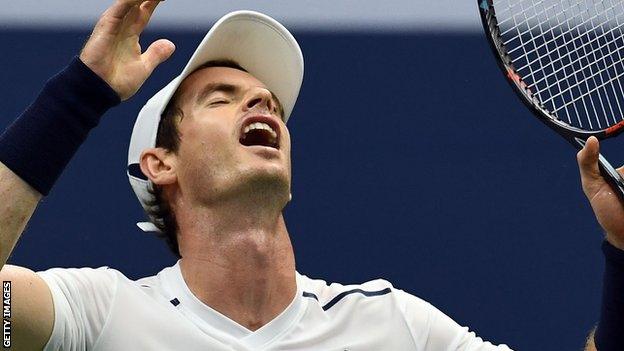
Andy Murray's quarter-final defeat was his earliest exit from a Grand Slam tournament in 2016
When Andy Murray fails to make the final of a Grand Slam these days, it takes a lot of people by surprise.
Here in New York, he was attempting to do what no man has ever done by winning Wimbledon, the US Open and Olympic gold in the same year. The three events were crammed into an 11-week period, and in the end the 29-year-old came up just short as he lost his quarter-final to Kei Nishikori in five sets.
Knowing when to play, and when to rest, is a vital skill. Murray opted out of the Davis Cup quarter-final in Serbia the week after Wimbledon (even though he did travel to Belgrade as supporter in chief) and decided not to defend his title at the Toronto Masters.
Perhaps he could also have pulled out of the Cincinnati tournament, where he lost to Marin Cilic in the final, but his exploits over spring and summer may still have caught up with him.
Murray has played 45 matches since he took to the court in Madrid for his opening round on May 4th. He has won 41 of them, and reached the final of each of the seven events which preceded the US Open.
A stretch like that exerts both a physical and a mental toll on a player, and as a phenomenally talented athlete, who - mercifully - is currently free of injury, Nishikori was able to take full advantage.
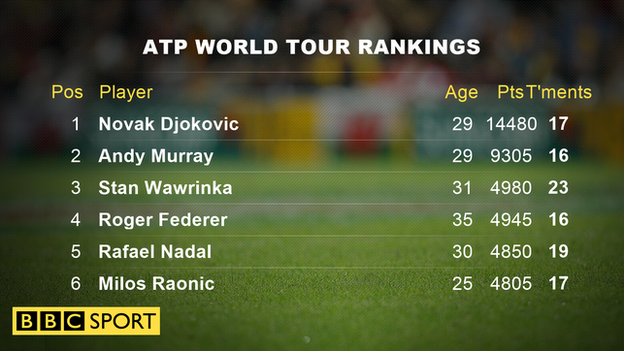
Andy Murray's defeat means that the number one spot still remains elusive
Murray allowed himself to be too easily distracted during the fourth set of the quarter-final.
The appearance of a butterfly - or was it a moth? - irked him, and he had a long discussion with both umpire Marija Cicak and supervisor Wayne McKewen after the sound system burst into life and a let was called in the middle of an important rally.
Yes, it was a bad break, as Murray led by two sets to one and was in control of the rally as he tried to convert a break point. But as his conversation with the officials dragged on, he lost the set 6-1.
The language directed towards his players' box was much more negative that it has been in recent months. That is a sign, for me, of the stress Murray was feeling on court - and his own lack of confidence in the outcome.
He says he felt flat in his laboured third round win over Paolo Lorenzi, and perhaps this was a match he suspected he might not be able to bend to his will, however great the desire.
Murray is already back at home for a couple of days of rest before travelling to Glasgow for next week's Davis Cup semi-final against Argentina. And he will need to be well rested - as his first opponent at the Emirates Arena is likely to be Juan Martin del Potro.
Del Potro's defeat by Stan Wawrinka in Wednesday night's quarter-final means he will remain Argentina's second-ranked player.
Assuming he does not sit out the opening day (either for tactical reasons, or because he does not feel fully recovered from his excellent runs in both Rio and New York), then next Friday he will face the British number one, whose identity has not been in any doubt for many years.
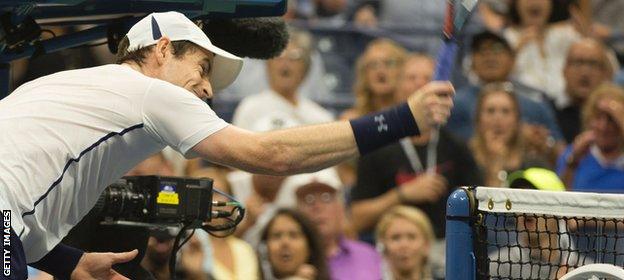
Frustrations were clear during the defeat - despite winning the tournament in 2012, the US Open is still Murray's worst performing Grand Slam
After Glasgow, Murray will have a two-week break from competition. He is currently scheduled to play in Beijing and Shanghai in the first half of October, with the Paris Masters and the ATP World Tour Finals in London to follow in November.
Ranking points gathered there will be crucial to Murray's chances of overhauling Novak Djokovic as the world number one some time next spring. Djokovic still has a large lead over Murray, but there has been little to separate them over the past six months.
If Djokovic wins this US Open, then the two will have accumulated an almost identical number of points since the European clay season began in April.
The rankings are calculated on an annual basis,, external so if Murray finishes the season strongly, then he will be in a position to challenge Djokovic's supremacy at the Australian Open and then on the hard courts of Indian Wells and Miami.
The Serb has dominated those events in recent years, but Murray likes a target, and over half a calendar year at least, he can call himself the equal of the world number one.
- Published8 September 2016
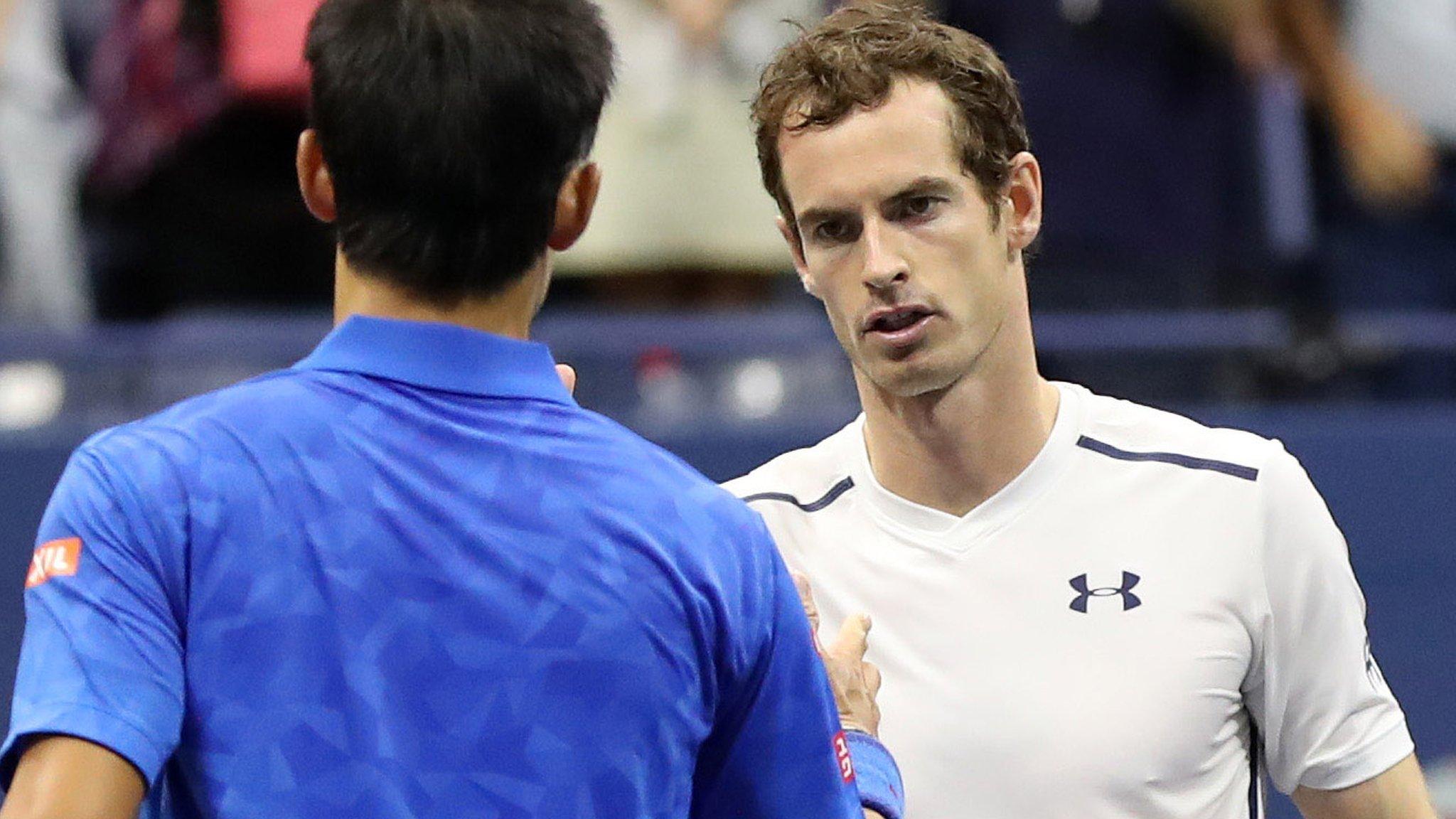
- Published7 September 2016
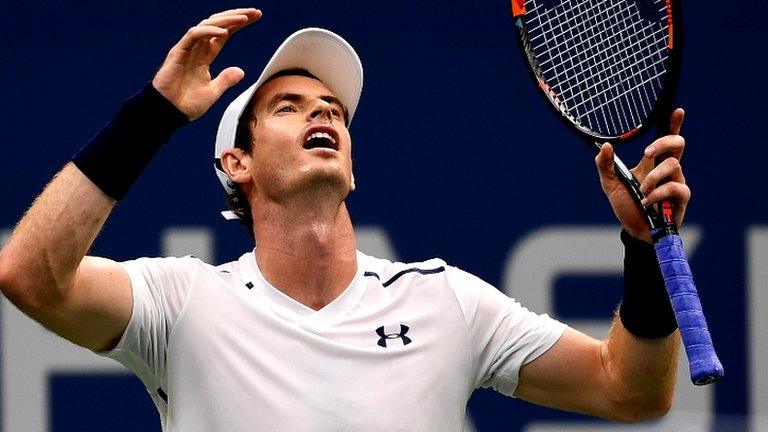
- Published8 September 2016
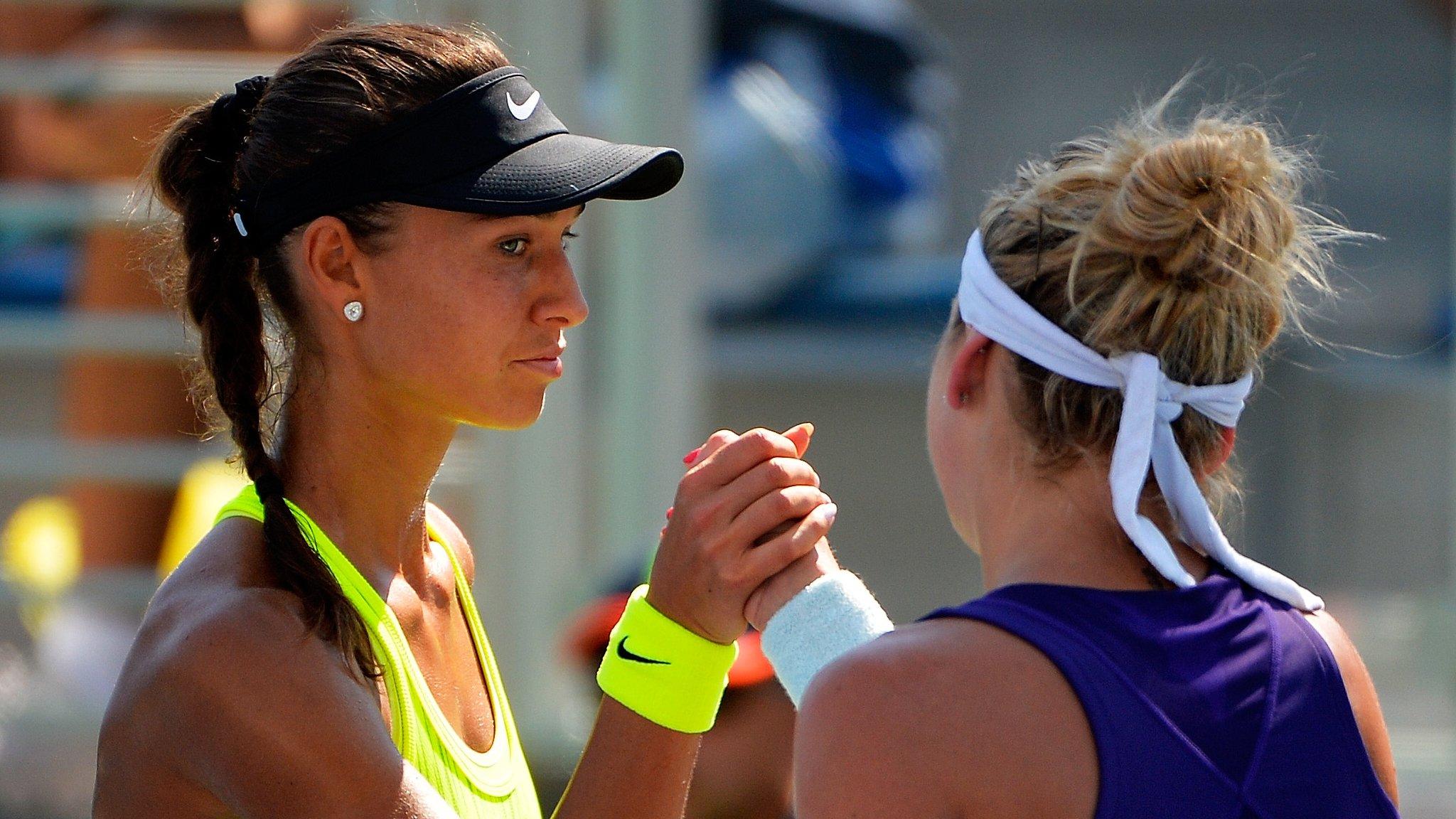
- Published7 September 2016

- Published17 June 2019
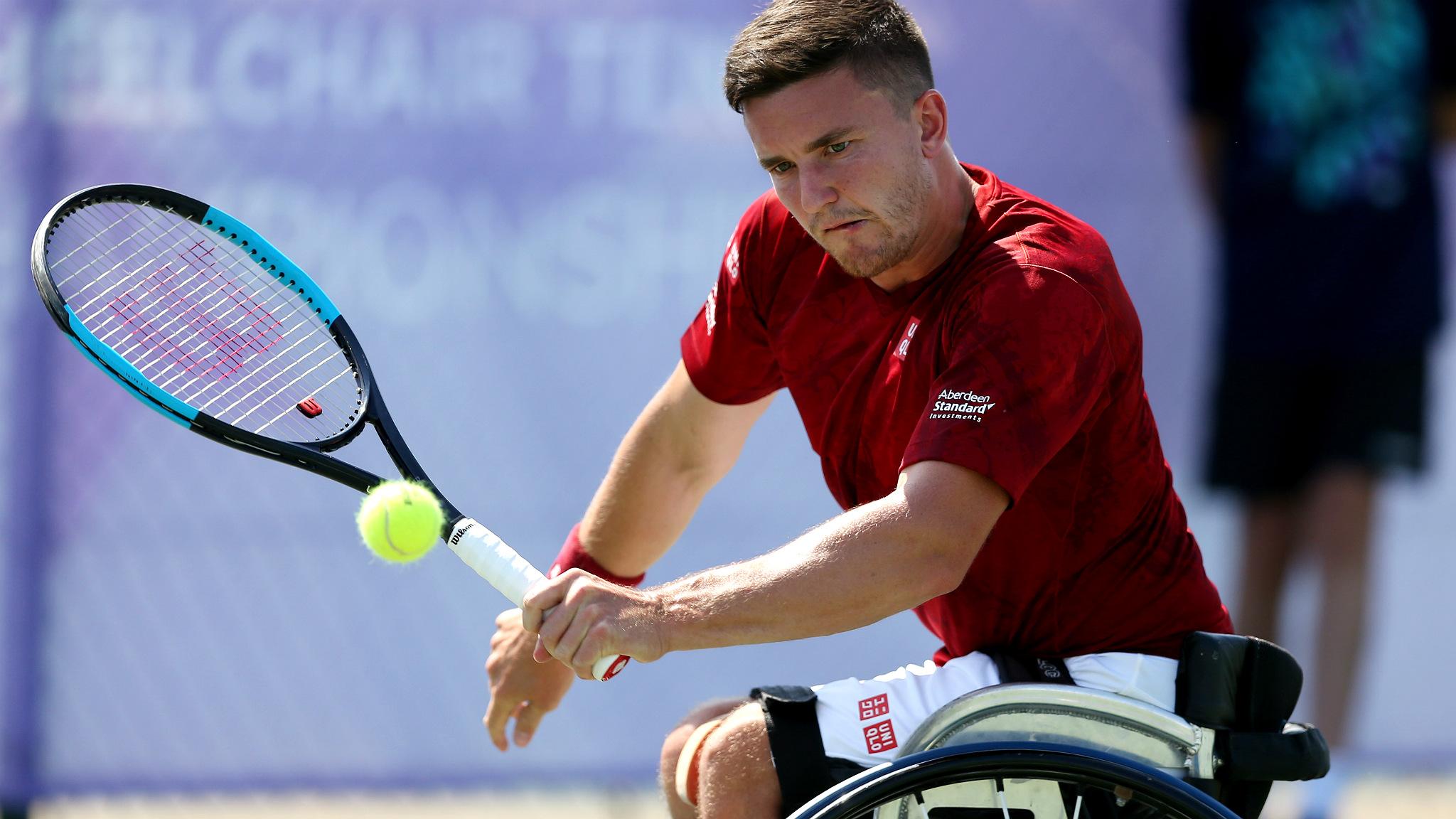
- Published9 November 2016
